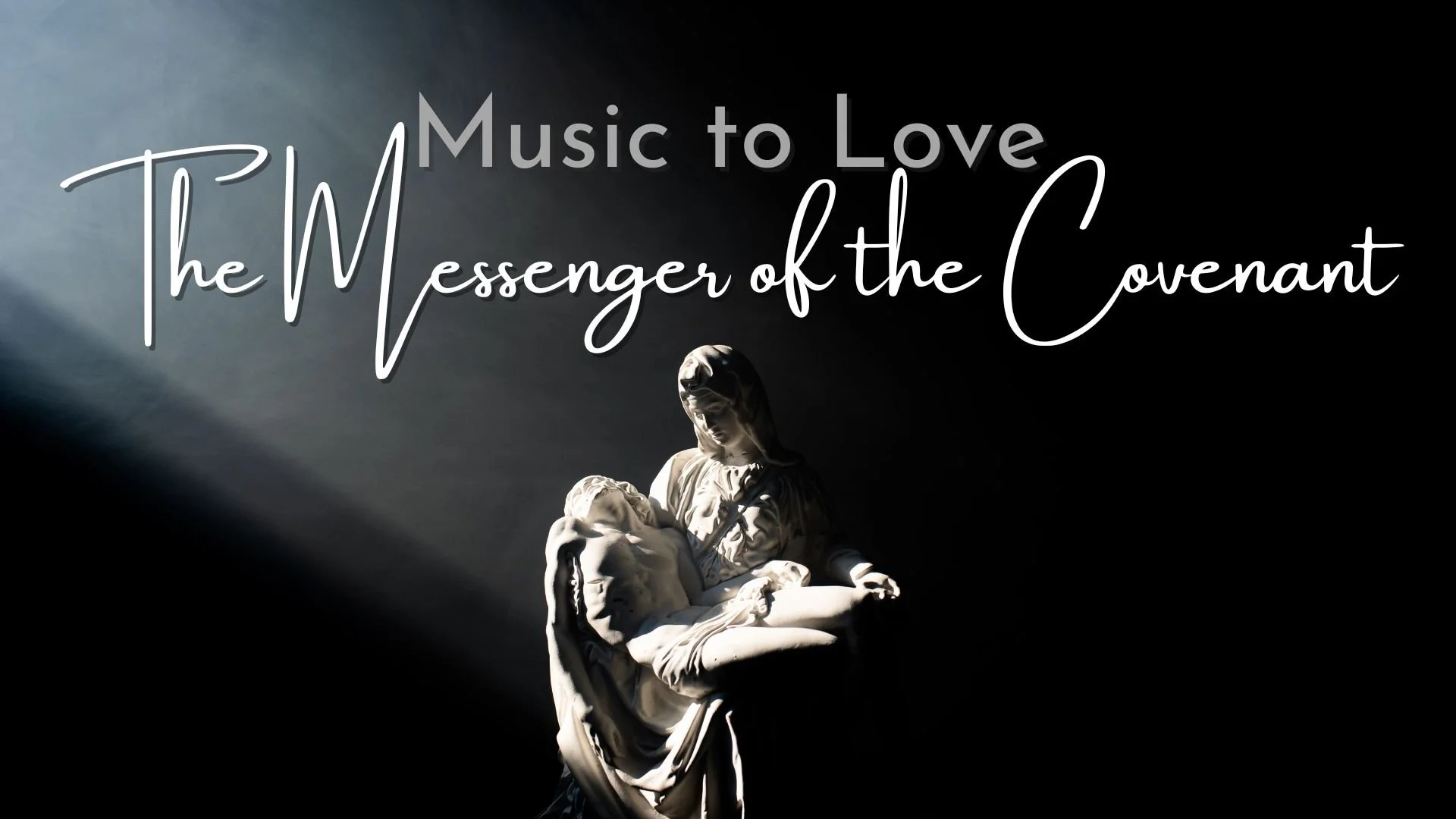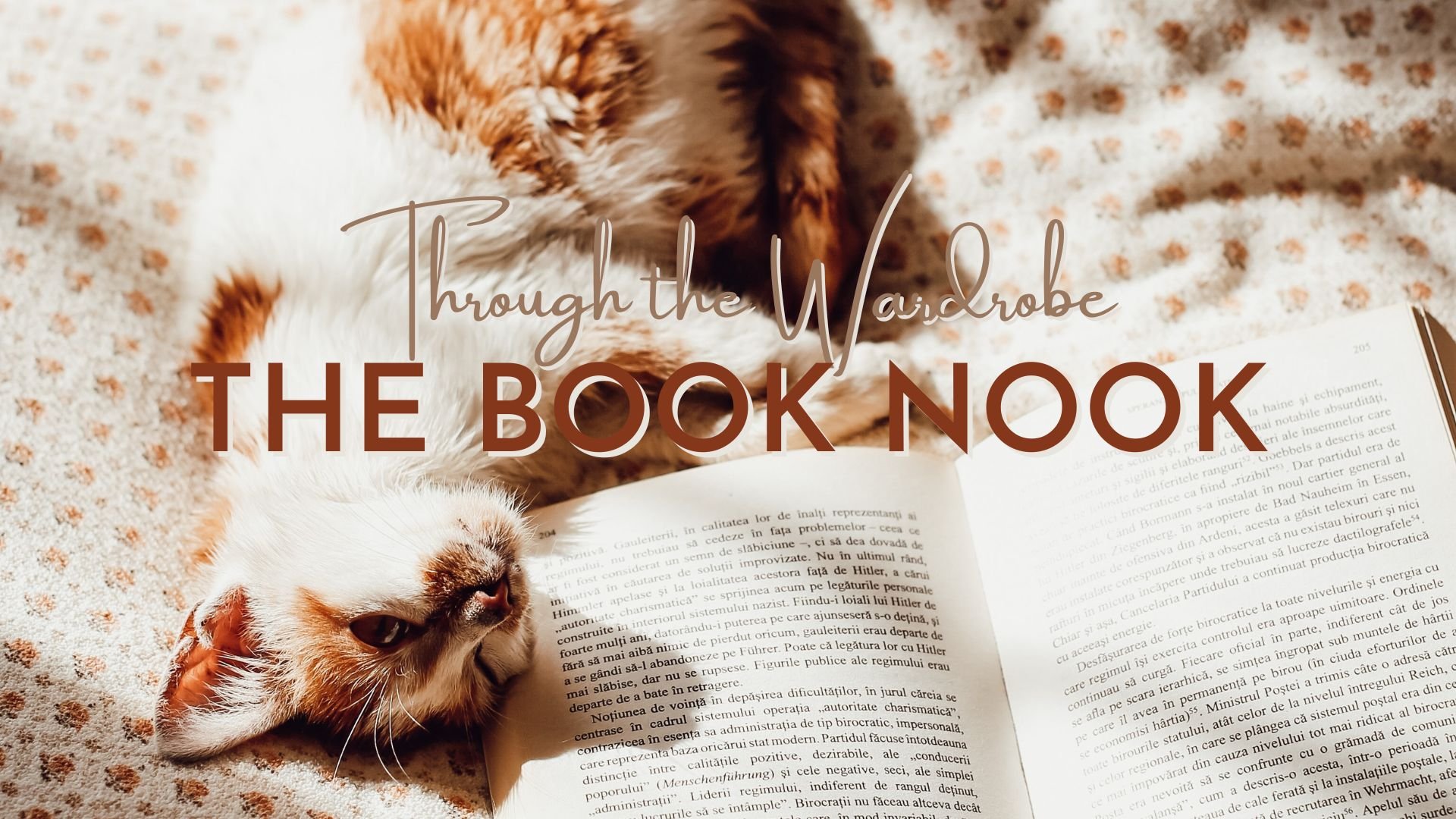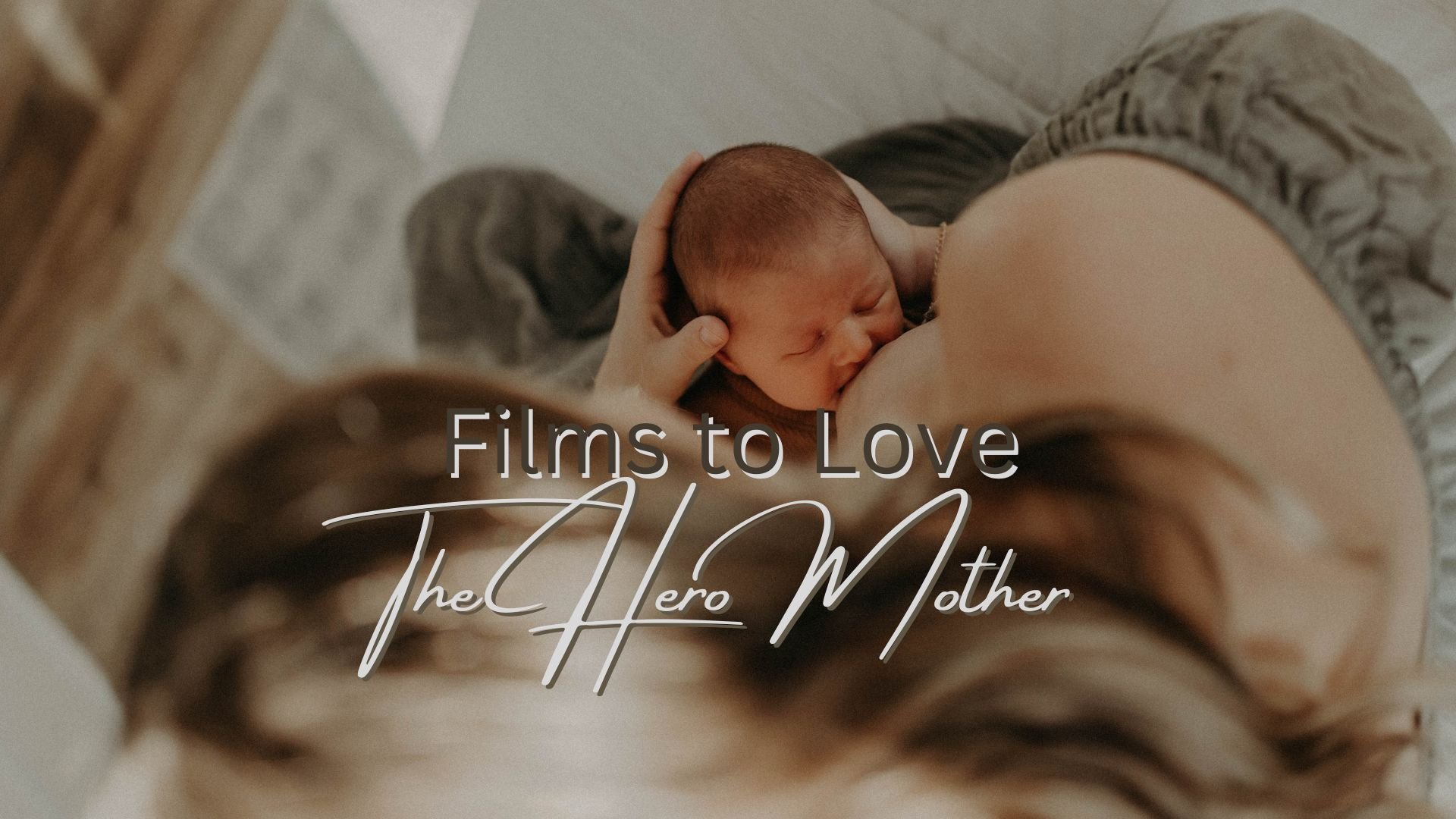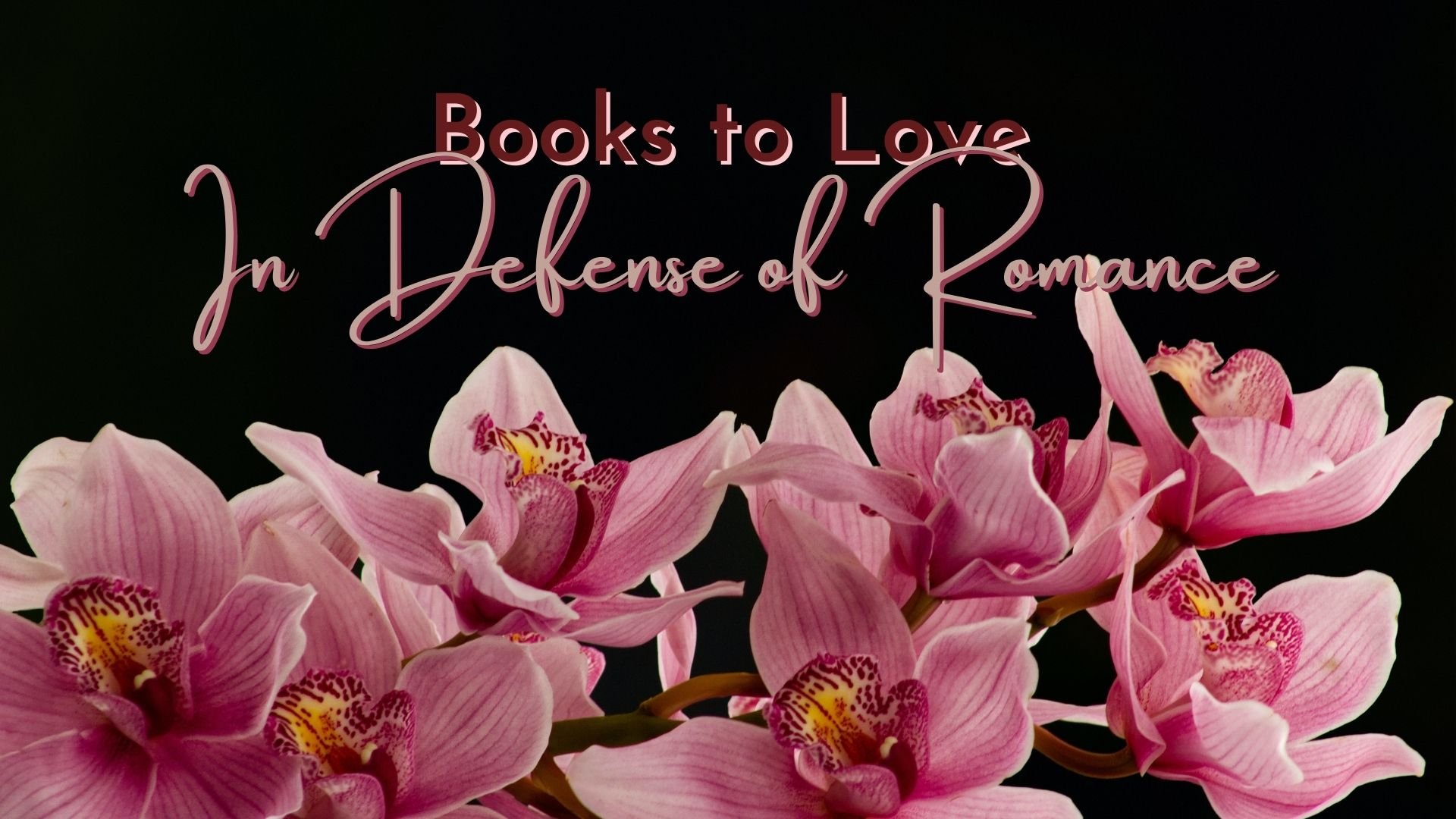Films to Love: 2005 Pride and Prejudice
Jane Austen is one of my favorite novelists. I truly enjoy every aspect of her. To the page, she commits honest observations of the foibles of humanity. She does not render one sex a paragon of virtue over the other nor does she praise one over the other. Her work is circumspect. The ills of society are shown with little preamble. Where she herself wishes to see change, she remarks upon it, yet she maintains a lightness in all her work that is still refreshing to this day. While her morality is plainly seen, she does not beat her readers over the head with it either.
Remarkably, her work has translated well to the screen. Other than a few notable exceptions, the adaptations of Austen’s works have been widely received and deeply loved. (Notable exceptions include Netflix’s Persuasion, my review is here, the 1940 Pride and Prejudice, and the 1999 Mansfield Park.)
When A&E released their Pride and Prejudice miniseries starring Colin Firth and Jennifer Ehle, they raised the bar for Austen fans. You see, that miniseries faithfully brought to film the book. In fact, the dialogue in the movie is lifted almost verbatim out of the book. To Austen purists, there is no other Pride and Prejudice.
So, when the 2005 Pride and Prejudice starring Kiera Knightley and Matthew MacFayden was released, I approached it with trepidation. I found the film severely lacking.
Why?
Because I was comparing it to a six hour masterpiece where the screenwriter had ample time to consider every facet of Austen’s novel. Translating a novel, even a rather slim one, to the screen necessitates condensing portions and leaving other bits out completely.
The only excuse I can offer from my personal prejudice against the 2005 version is that I was young. But, in light of the debacle that was the recent release of Persuasion (and the ever frightful rumors that Netflix has affixed their eye upon our beloved Pride and Prejudice), I felt it only correct to give the 2005 movie a fair shake.
I had only watched the movie once in theaters when it came out. Nigh on two decades later, I hoped that the distance and well as my personal growth would provide a better context with which to view it all.
Dear reader, it did. I am happy to say that upon watching the 2005 P&P, I found several things about it that I truly appreciated, enjoyed, and applauded. Many of my quibbles with it still remain, but I did find elements within the film that made it a worthwhile watch. However, if one is unfamiliar with Austen’s Pride and Prejudice, Joe Wright’s ampersand-ed Pride & Prejudice is not the film I would use to introduce the story to an Austen novice. My quibble with it is something it can never solve; it’s not the miniseries, and it never can be.
Today, in honor of the author’s birthday, I am going to share with you what I really liked about this movie. I won’t lie, the parts I don’t like may come out, too, but I shall endeavor to share mostly the positives here with you. After all, even the most loose adherence to P&P fosters love in us Austenites.
The Family Unit
The Sisters
One thing that fascinates me about novels is the amount of material that can be gleaned from them. In Pride and Prejudice, the Bennet family is put on embarrassing display. We see all the silliness of the two youngest, the dourness of Mary, the wittiness of Lizzie, and the kindness of Jane. We witness the oddity that is the marriage of Mr. and Mrs. Bennet. How could such a logical man marry such a foolish and loud woman? It boggles the mind.
In the 2005 adaptation, while many of those same foibles are shown, they are tempered with a commonality that renders a much gentler image of the family unit. I believe the director and screenwriters wished to make the family more relatable to the modern viewer. In this they succeeded.
Certainly, to do this, they believed that abandoning all societal mores and manners was necessary- even table manners. Let me make it quite clear here, the Bennet family were gentry, meaning, they had manners, they had taste, they knew the proper way to sit and eat at table and converse with one another. And they most certainly did NOT have pigs traipsing through their home. These liberties still irked me to no end.
But what I did like is that fact that Wright and his team did make the family normal. Lydia and Kitty still bicker amongst themselves, as sisters are want to do. Jane remains the kindest of creatures. Mary improves, both in looks as well as in temperament, though she maintains the dour preponderance toward despondency.. Lizzie is shown in a slightly different light. Certainly, she remains forthright and open, intelligent and witty, but there’s a bit of petulance to her as well. This I did not like, but I shall write of why later in this post.
Elizabeth aside, the rest of the family shakes out rather well. This interpretation, therefore, works well in my book. Plus, and importantly, Lydia is still insufferable. She needs to be.
Mr. Bennet
The part of the movie that I enjoyed the most is how Mr. Bennet is portrayed. In short, he’s more emotive. It has always bothered me, even when I read the book, how Mr. Bennet remained so entirely detached from the goings on in his family. He willfully dismissed Lizzie’s concerns about Wickham. He poked fun at his daughters rather than guide them into wiser ways. His own wife bore the brunt of his mockery. On the whole, the only redeeming aspect of his character is that he loved Lizzie so entirely.
However, in the 2005 adaptation, while all these parts of his character remain, they are distilled into a horse of a different color. Without doubt, Mr. Bennet does detach himself from his family, but it doesn’t seem so much because he doesn’t wish to be with them, but more so because he just likes to read his books and spend time in his study. This is faithful to the book, but the gentleness added to the Sutherland’s performance when he interacts with his children and his wife makes it easier to take.
What I loved the most about Donald Sutherland’s performance is how like a true father he is. Chock it up the traditional British reserve, but in the miniseries, while I knew that Mr. Bennet loved Lizzie and would sorely miss her when she married, I 100% knew this in the 2005 film. The exchange between Lizzie and her dad when she tells him that she loves Mr. Darcy is deeply poignant. The fact that it brings Mr. Bennet to tears to hear his daughter speak so highly of the man she will marry instantly renders him as an universal character; every father who truly loves his daughter understands him completely. Every daughter who loves her father, knows the truth of this performance, too.
These moments of tenderness endeared this movie to me. Furthermore, there are elements of genuine humor as well.
Yet, he’s still Mr. Bennet. When Mr. Collins is going to propose, Mrs. Bennet is able to cow her husband into leaving the room to Lizzie’s horror. He does embarrass Lizzie at the Netherfield Ball when he speaks to Mary, but there’s a small aside when you see him follow the mortified Mary out of the room to comfort her. These additions make Mr. Bennet a more human character to me, and I appreciate them even if they are not all in the book. The license is all right in my book.
Even the scene where he and Mrs. Bennet are talking in bed- a scene which thoroughly upset the Jane Austen societies, clubs, and fans of the world- did not bother me that much. I actually like it. While Mrs. Bennet is annoying to the extreme (in this film, she looks more like a charwoman than the wife of a gentleman, but whatever), this scene shows that whatever irritations she thrusts upon her husband, she is still the mother of his daughters and he will forever love her for that.
Jane
While I do think that Susannah Harker is a genteel and gracious woman, the truth is that her part as Jane in the Pride and Prejudice miniseries is physically outshined by Jennifer Ehle as Lizzie. In Pride & Prejudice, they hit the nail on the head with Rosamund Pike. She is everything that I think Jane is in the book. Not only is she kind, gracious, and genteel, she is quite beautiful in a classical way. Brava on the casting for her.
Charlotte and Mr. Collins
Let’s be honest. While Mr. Collins is miserable in the novel- no one likes a man who grovels and simpers- the manner in which David Bamber brought him to life in the A&E miniseries made Charlotte marrying him seem like a fate worse than death. He is positively dreadful.
Enter Tom Hollander. While he embodies all the same characteristics of Collins from the novel, he manages to make him far less awful. Indeed, we do not want Lizzie to marry him. We, as the audience, don’t want to marry him either. However, when Charlotte marries him, it doesn’t seem like the horror that it did the A&E series. To be sure, he’s insufferable. He’s an ass kisser. Maybe its just the fact that he doesn’t appear as greasy as Bamber did. Or perhaps its the fact that Hollander is given moments of tremendous humor in the midst of awkward silences. (What excellent boiled potatoes…)
Mr. Darcy
I must tip my hat to Matthew MacFayden here. In my mind, there is no other Mr. Darcy than Colin Firth’s; he’s the quintessential Darcy. Period.
Trying to step into those leather riding boots is not an easy feat. Therefore, rather than try to copy Firth’s Darcy, MacFayden allowed enough transformation in the character to make it his own.
I must say that I did not care for the modernistic interpretation of his character. Darcy is not socially awkward; he’s not shy. He’s prideful and he’s a snob. There’s no way around that. If he were simply shy or awkward, Lizzie would have eaten him for breakfast. As a prideful snob, he’s a challenge that she has to rise to.
The Music
The soundtrack of this film is beautiful. It is a wonderful compliment to the panoramic vistas of cinematic beauty throughout the movie. If you are someone who enjoys having peaceful music playing in the background, then this soundtrack is a must.
The Cinematography
Quite simply, Pride & Prejudice is a beautiful film. Every scene, even the ones shot at the Bennet home complete with mud and detritus are still beautiful. They capture an atmosphere that the director wanted. And while I may quibble with the atmosphere he chose to display for the Bennet home, I must say that the quaint country feel is realized superbly.
Honestly, if you could remove all the dialogue and just watch the movie with the music, it is a truly exquisite film.
Now I know I said I was going to stay on the positive, but I must enumerate a couple issues with the film to which I take umbrage. I must.
The Costumes
I didn’t think it needed to be said, but if you’re going to make a period piece, one that takes place during the Regency in England, it behooves the costume department to do some homework and NOT send one of the principle characters to the Netherfield Ball in her undergarments. I refer to Caroline Bingley who wore a gown that was missing it’s overgrown entirely. Now, I know that the real life Caroline Lamb did indeed wear diaphanous gowns sprinkled with water to make them even more scandalous, but Caroline Lamb and Caroline Bingley have nary a thing in common other than their Christian name.
Furthermore, it must be said, again, that the Bennet family is gentry; therefore, the girls would be dressed much more fashionably that they are depicted in the movie. Elizabeth could afford to wear dresses made of much more appealing fabric than the burlap looking pieces that she wore in the film. As Mr. Knightley said to Emma, it was badly done.
Elizabeth Bennet
I know Keira Knightley won an Academy Award for her performance in this movie, but I have to say it, I just don’t understand why. There had to be other actresses that year who did better than she did.
Now, I’m not certain whether it was her personal modern interpretation of the part or the screenplay or the directing, but in the end, she played Elizabeth way too bohemian. This I do not like, as I never once detected within the novel that Elizabeth wished to thumb her nose at the system in which she lived. Certainly she witnessed injustices, particularly towards her sex, but that didn’t mean she was an activist who took every opportunity to champion her cause. This addition to Elizabeth’s character has a modern implication that actually detracts from the story. That’s just not Elizabeth in the book. Even worse, the subtle wit and charm of Elizabeth is lost in Knightley’s blunt and confrontational delivery.
Modernization
As I just mentioned that the portrayal of Elizabeth had too many modern sensibilities, I must talk about the dialogue. Throughout the whole movie, there were numerous instances of beating the audience over the head with the obvious. The most blatant was when Charlotte Lucas comes to tell Lizzie that she’s going to marry Mr. Collins. When she tells Lizzie not to judge her and then storms off, it read much more like a teeny-bopper rom-com than a Jane Austen adaptation.
Or, even worse, when Lizzie confronts Darcy about his hand in the separation of Jane and Bingley, Darcy remarks that Jane never exhibited any outward signs of her affection. Lizzie yelling at him that Jane is shy is just excessive. We are Jane Austen fans. We are not stupid. Surely a bit more insightful dialogue- like what Lizzie ACTUALLY said in the book- would have fit better here.
Propriety and Society
Two aspects of Pride and Prejudice, the book, that should never be glossed over, that NEED to be emphasized, are the strictures and expected decorum of society and Lydia’s deviation from them. In Pride & Prejudice, the entire Lydia affair is treated almost like an after thought. The upheaval her behavior would have truly caused to her sisters was thoroughly destructive at the time. Certainly, in today’s culture, they wouldn’t even be remarked upon. That is why it is imperative that it be emphasized in the film.
It is almost as if the screenwriters and director treat the time period with disdain. If that’s how you feel about the time period, then maybe you should try to do a variation on Pride and Prejudice like how Emma was adapted to the modern age via Clueless. If you don’t like the time period, don’t make the movie. Simple as that.
Last, but to least:
Mud and Pigs
Yet again, I am forced to say this: the Bennet family was gentry. They would NEVER have pigs tromping through their house. They would sit at table and exhibit proper manners. They would have servants that maintained proper decorum. And, for God sake, they would have a better tended garden about their house rather than the mud works that was the courtyard of Longbourn House. Honestly, the infatuation with debris, detritus, and bovine meanderings is severely overdone in the movie.
I know this movie has been out for nearly two decades, but that’s my review of it as a committed Austenite. I am interested in your thoughts, dear readers. Please let me know in the comments below or on either Whiskers on Kittens Facebook or Instagram pages.




















































